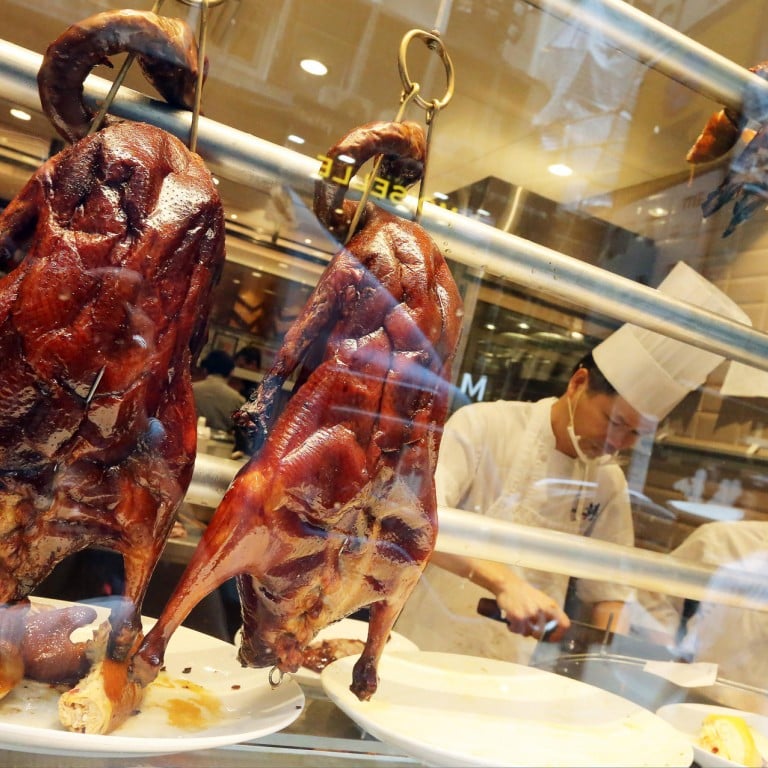
Judicial activism and a famous Hong Kong goose restaurant
In the early 1950s, the US version of Hong Kong's Court of Final Appeal overturned decades of established law. The justices, deciding that the needs of the day superseded musty old words of the past, ruled that white and black children should study together.
Its supreme justice - Earl Warren - became associated with a philosophy of chief justice-ing - now known as "judicial activism".
Could last month's decision by Hong Kong's top court on the Yung Kee restaurant portend the start of an era of judicial activism on the part of Hong Kong's supreme bench? Readers will recall that the two Kam brothers were given 28 days to discuss the possibility of one side buying out the other's shares otherwise the eatery would be wound up. Could the ruling presage the dismantling of Hong Kong's pernicious family capitalism?
The top judges overturned a lower court's textualist interpretation of the law. Textualism - often seen as the core of the rule of law - requires justices to show restraint by sticking to the letter of the law.
When judges start ruling based on their own views and values, politicisation of the bench cannot be far behind.
One could reasonably argue - as the Court of First Instance did - that the court ruled over a case properly adjudicated by the British Virgin Islands' courts. After all, could a Chinese court rule for the closure of McDonald's if its owners/managers in Shanghai have a disagreement?
How can a Hong Kong court order the winding-up of a company from another jurisdiction? Nothing in our laws says they can. Such is the nature of judicial activism.
The court has handed down a death sentence to Yung Kee. Yet, following precedent established by the Judgment of Solomon, the bench obviously hopes the Kam brothers will reach an agreement between themselves before the nuclear option of the restaurant's liquidation comes to pass. For the Kams, the crisis has passed - as they set up separate but equal restaurants. But what prevents the courts playing chicken and exercising brinksmanship with the rest of us?
Scholars and supreme court justices might call the Kam ruling an example of "the internationalisation of the law".
In their view, courts have a duty to spread the values of justice and equality across the world. Karl Marx would approve.
Kam-Kam provides the right ruling for the wrong reasons. The ruling gives Hong Kong courts jurisdiction over the multitude of likely disputes between the scions of family capitalism. As econometric studies show, family capitalism has weakened Hong Kong's attractiveness as an international financial centre. The ruling preserves the public interest in moving towards disinterested, widely dispersed shareholding. The public interest also forbids allowing foreign courts to decide the economic fate of our family-owned firms.
As Geoffrey Ma presides over a liberal, activist bench, investors may recoil. When judges capriciously and arbitrarily decide what they think best, the rule of law suffers. And as we all know - no rule of law, no investment.

